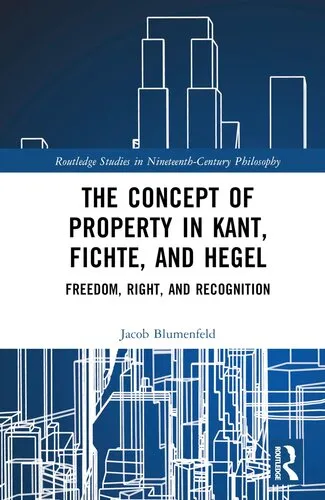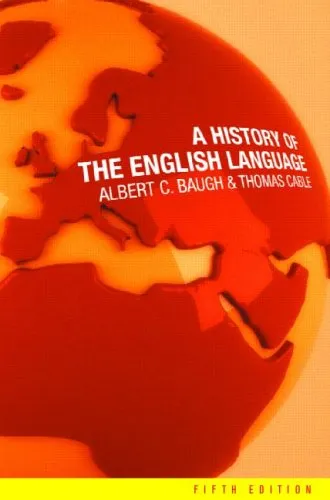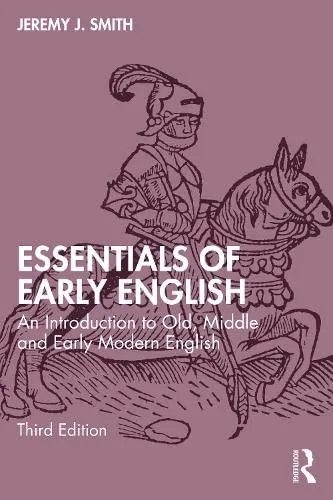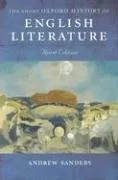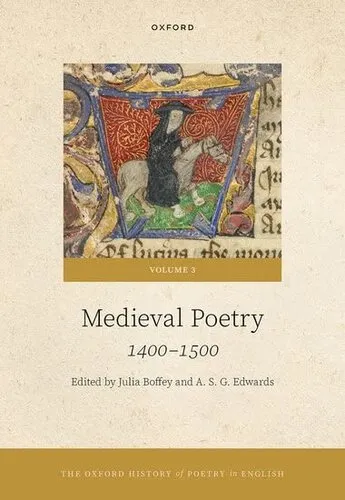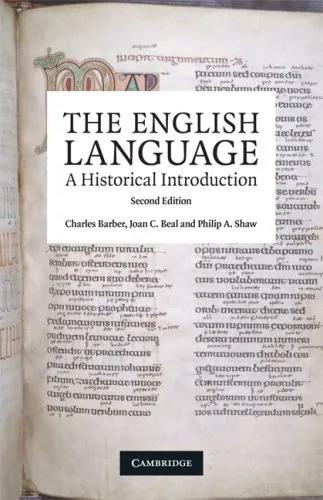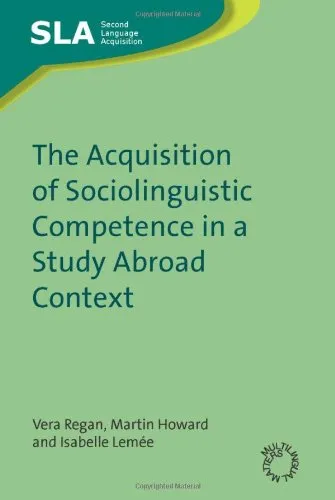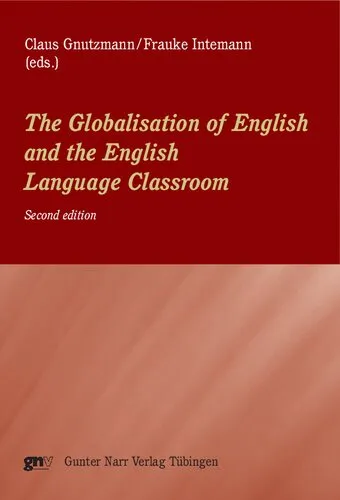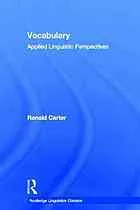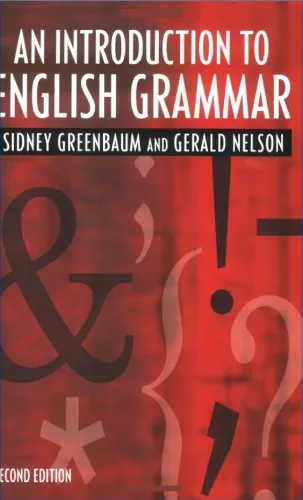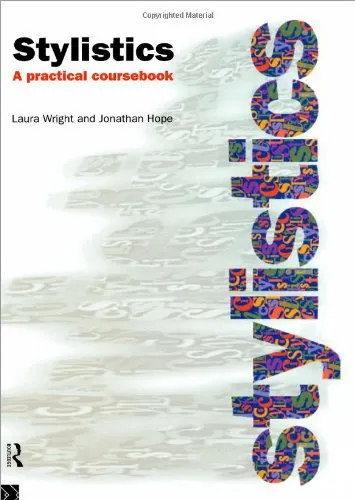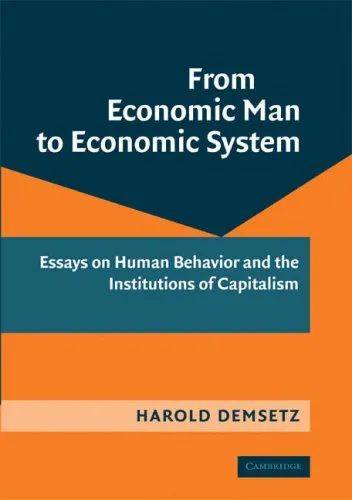The Concept of Property in Kant, Fichte, and Hegel: Freedom, Right, and Recognition (Routledge Studies in Nineteenth-Century Philosophy)
4.0
بر اساس نظر کاربران

شما میتونید سوالاتتون در باره کتاب رو از هوش مصنوعیش بعد از ورود بپرسید
هر دانلود یا پرسش از هوش مصنوعی 2 امتیاز لازم دارد، برای بدست آوردن امتیاز رایگان، به صفحه ی راهنمای امتیازات سر بزنید و یک سری کار ارزشمند انجام بدینکتاب های مرتبط:
معرفی کتاب: مفهوم مالکیت در کانت، فیشته، و هگل: آزادی، حق، و شناسایی
کتاب «The Concept of Property in Kant, Fichte, and Hegel: Freedom, Right, and Recognition» اثری نوآورانه و عمیق از من، جیکوب بلومنفلد، است که به بررسی تطبیقی سه دیدگاه فلسفی بزرگ درباره مالکیت میپردازد. این اثر در مجموعه Routledge Studies in Nineteenth-Century Philosophy منتشر شده و تلاش میکند تا مفاهیم پیچیدهای مانند آزادی، حق، و شناخت را از دریچه فلسفه مالکیت واکاوی کند.
خلاصهای از کتاب
این کتاب به طور جامع به تحلیل ارتباط میان مفاهیم مالکیت و آزادی در فلسفه مدرن اختصاص دارد. در سه بخش اصلی، آثار کانت، فیشته، و هگل مورد بررسی قرار میگیرد، به طوری که نقاط اشتراک و تفاوتهای دیدگاه آنها در زمینه مالکیت روشن میشود. ایده کلیدی این است که در فلسفه، مالکیت تنها یک مفهوم حقوقی یا اقتصادی نیست، بلکه به عنوان شرطی ضروری برای تحقق آزادی انسان در نظر گرفته میشود.
در بخش کانت، مفهوم مالکیت به عنوان پسزمینهای برای Rechtslehre معرفی میشود. کانت معتقد است که مالکیت تنها درون یک چارچوب قانونی قابل تعریف است، و این چارچوب به آزادی فردی معنا میبخشد.
بخش دوم به بررسی اندیشههای فیشته میپردازد. او بر اهمیت ارتباط میان مالکیت و Recognition (شناسایی) تأکید دارد، و استدلال میکند که مالکیت نمادی از ارتباط میان افراد در جامعه است.
در نهایت، تحلیل هگل نشان میدهد که مالکیت بخشی از فرآیند تکاملی روح است که در آن freedom و right بهواسطه شناسایی متقابل در هم تنیده میشوند. هگل مالکیت را به عنوان ابزاری برای تحقق خودآگاهی انسان توصیف میکند.
نکات کلیدی
- مالکیت نه تنها به شکل حقوقی بلکه به عنوان یک تجربه بنیادی انسانی برای آزادی تحلیل میشود.
- شناسایی متقابل میان انسانها نقشی حیاتی در فهم مالکیت دارد.
- فلسفه هگل نقطه اوج اتصال مالکیت و خودآگاهی را به نمایش میگذارد.
- این کتاب ارتباط مفاهیم فلسفی را با مسائل معاصر مانند اقتصاد و سیاست برجسته میکند.
جملات برجسته از کتاب
"Freedom without property is an abstraction, for individual autonomy always demands a medium through which it can actualize itself."
"Recognition is the bridge between the self and the other in the domain of right."
چرا این کتاب مهم است
اهمیت این کتاب نه تنها در تحلیل فلسفههای بزرگان مانند کانت، فیشته، و هگل است، بلکه در ارائه بینشی نو نسبت به مفاهیمی مانند مالکیت و آزادی در دنیای امروز است. برای جوامعی که با مسائل پیچیده حقوقی، اقتصادی، و اجتماعی درگیر هستند، مفهوم فلسفی مالکیت میتواند درک عمیقتری از چالشهای مرتبط با آزادی و شناخت انسانی ارائه دهد.
این کتاب ابزار مفیدی برای دانشجویان فلسفه، حقوق، جامعهشناسی، و حتی سیاستگذاران است، چرا که به آنها کمک میکند تا ریشههای مفاهیم رایج را بهتر بشناسند و از دیدگاههای جدید برای حل مسائل بهره ببرند.
Introduction to 'The Concept of Property in Kant, Fichte, and Hegel: Freedom, Right, and Recognition'
The concept of property has been a cornerstone of philosophical and political discourse for centuries, playing a pivotal role in shaping ideas of freedom, justice, and social order. In my book, The Concept of Property in Kant, Fichte, and Hegel: Freedom, Right, and Recognition, I delve deeply into the intricate theories of three prominent philosophers of the Enlightenment and post-Enlightenment periods — Immanuel Kant, Johann Gottlieb Fichte, and Georg Wilhelm Friedrich Hegel. This work explores how their differing conceptions of property reflect broader concerns about autonomy, legal rights, and the nature of recognition in modern society.
This book is not merely an academic exercise in tracing the development of property theories but an attempt to show how these ideas underpin broader philosophical debates on freedom, ethics, and human relationships. At a time when concerns about personal ownership, intellectual property, and social equity are at the forefront of global discourse, revisiting the foundational ideas of property in Kant, Fichte, and Hegel offers valuable insights into our contemporary challenges.
Detailed Summary of the Book
The book begins by laying the groundwork for understanding how property enters human interaction and why it is so essential to discussions of freedom and right. Starting with Kant, I analyze the role of property in his metaphysics of morals, particularly his theory of external freedom. For Kant, property is not just a means to material wealth but a necessary mechanism for individuals to act in accordance with their free will and respect the autonomy of others. His concept of property formalizes the idea of rightful possession in a civil society, emphasizing the moral and legal framework that supports claims of ownership.
Moving to Fichte, the book highlights his dynamic and relational approach to property. Fichte challenges the static view of ownership by insisting that property exists only through acts of recognition by others. His work reveals property as a social institution, deeply intertwined with mutual acknowledgment and the freedom of others. Property here is not just about possession but about the intersubjective practices that make freedom possible in a community governed by law.
Finally, the book turns to Hegel, whose philosophy of property is woven into his larger system of ethical life (Sittlichkeit). For Hegel, property serves as an essential step in the realization of freedom, where individuals externalize their will through objects, anchoring their selfhood in the material world. Importantly, property becomes a medium of recognition — it ties individuals to their social and cultural environment, fostering a pathway from personal freedom to universal ethical life.
By tracing the progression of these ideas across Kant, Fichte, and Hegel, the book demonstrates the connections among freedom, right, and recognition, providing an interpretative framework for understanding property as both a philosophical and practical concern.
Key Takeaways
- The concept of property is not merely about material objects or economic transactions but about freedom, autonomy, and mutual recognition within a social framework.
- Kant emphasizes the legal and moral basis for claiming property, rooted in the doctrine of external freedom and universal law.
- Fichte views property as an inherently social construct, reliant on acts of recognition and the interdependence of individuals in a legal-political order.
- Hegel links property to the development of individual and collective freedom, showing how ownership serves as a cornerstone for ethical life and community-building.
- These thinkers reveal the evolution of modern concepts of rights and their enduring relevance for resolving contemporary disputes over ownership and justice.
Famous Quotes from the Book
"For Kant, property is freedom externalized; for Fichte, it is freedom recognized; for Hegel, it is freedom realized."
"The legacy of Kant, Fichte, and Hegel is a challenge and a guide: to understand property not as a mere possession, but as a mirror of our collective freedom."
Why This Book Matters
In a world deeply shaped by disputes over property — ranging from land and resources to intellectual goods — understanding the philosophical underpinnings of ownership is more critical than ever. This book provides a rigorous account of how some of the greatest thinkers of modern philosophy grappled with these questions, offering insights that resonate far beyond their historical contexts.
By engaging with Kant, Fichte, and Hegel, readers gain a richer perspective on the ethical and social dimensions of property. This is not merely a philosophical exploration but a call to rethink the institutions and practices that continue to define our relationships with one another and with the material world. Whether you are a philosopher, legal scholar, sociologist, or simply someone curious about the nature of ownership and freedom, this book offers a pathway to deeper understanding and critical reflection.
دانلود رایگان مستقیم
شما میتونید سوالاتتون در باره کتاب رو از هوش مصنوعیش بعد از ورود بپرسید
دسترسی به کتابها از طریق پلتفرمهای قانونی و کتابخانههای عمومی نه تنها از حقوق نویسندگان و ناشران حمایت میکند، بلکه به پایداری فرهنگ کتابخوانی نیز کمک میرساند. پیش از دانلود، لحظهای به بررسی این گزینهها فکر کنید.
این کتاب رو در پلتفرم های دیگه ببینید
WorldCat به شما کمک میکنه تا کتاب ها رو در کتابخانه های سراسر دنیا پیدا کنید
امتیازها، نظرات تخصصی و صحبت ها درباره کتاب را در Goodreads ببینید
کتابهای کمیاب یا دست دوم را در AbeBooks پیدا کنید و بخرید
1392
بازدید4.0
امتیاز0
نظر98%
رضایتنظرات:
4.0
بر اساس 0 نظر کاربران
Questions & Answers
Ask questions about this book or help others by answering
No questions yet. Be the first to ask!
